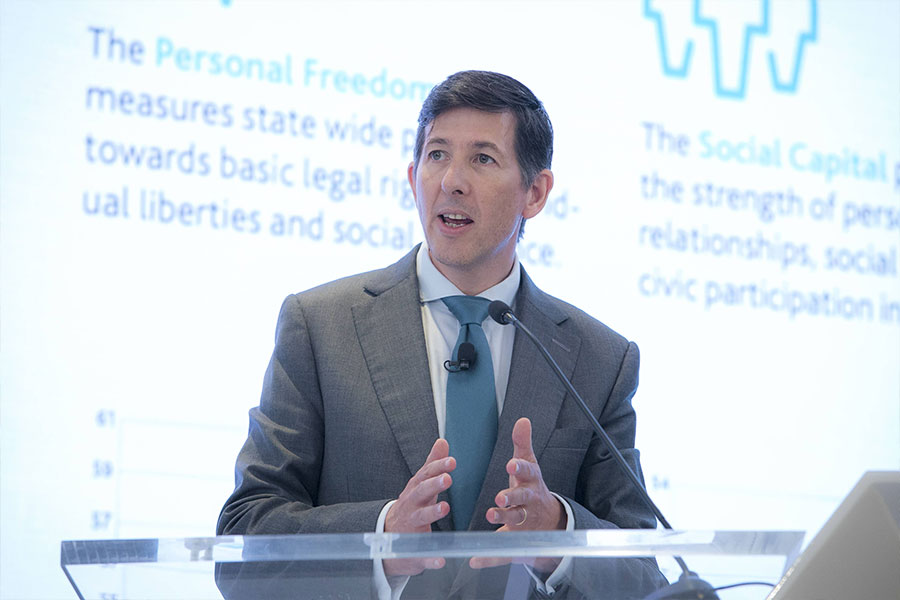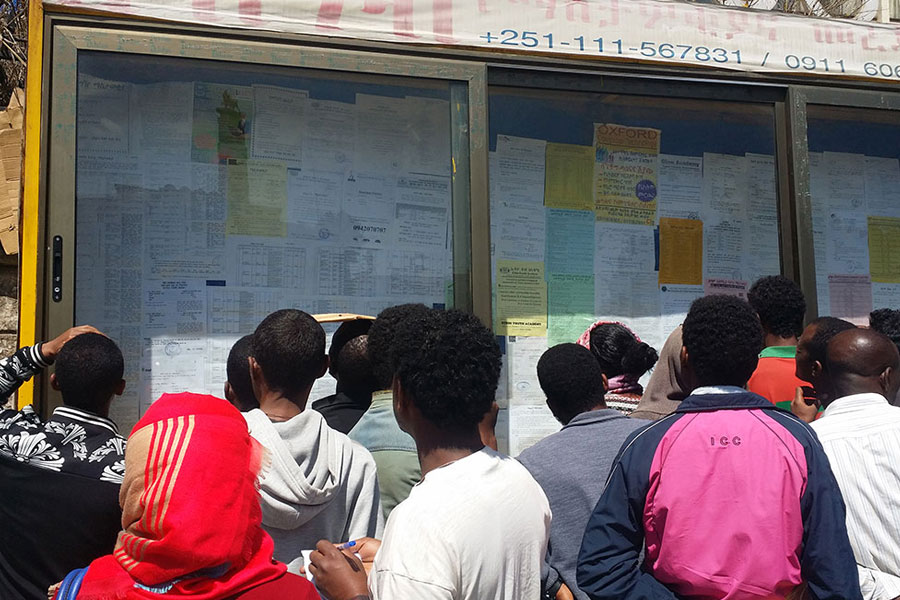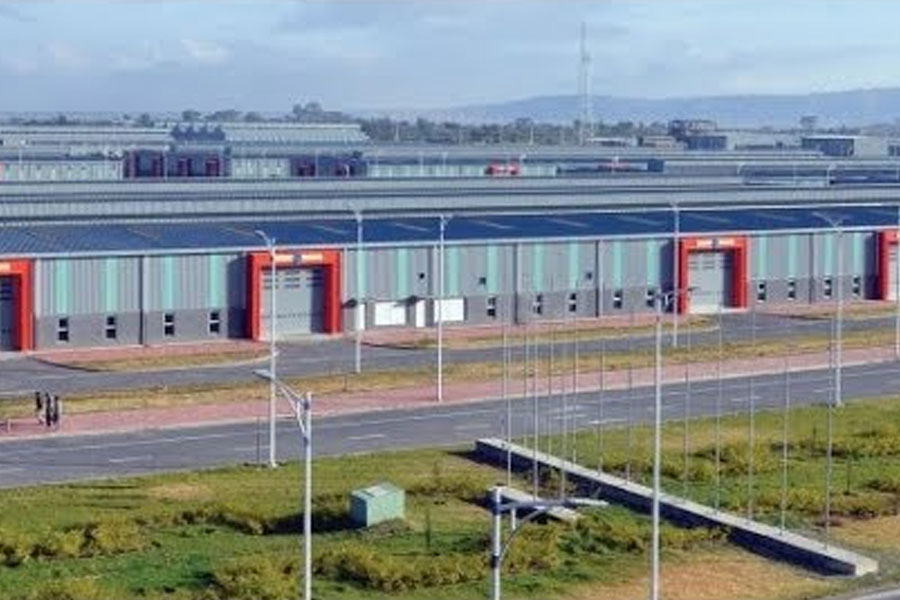
Delicate Number | Oct 23,2021
May 23 , 2021
 According to persons working at the CMS, awaiting a nod of approval from the Ethiopian Intellectual Property Office (EIPO), the amount is more or less equal to one Birr for a song played.
According to persons working at the CMS, awaiting a nod of approval from the Ethiopian Intellectual Property Office (EIPO), the amount is more or less equal to one Birr for a song played. Broadcasters are expected to pay annual royalty fees to musicians and producers for the songs they air on radio and television stations, according to a new tariff prepared by the Collective Management Society (CMS).
The CMS, which acts on behalf of the songs' copyright owners and largely gets its budget from royalties and membership contributions, prepared the tariff based on a directive approved last year.
According to persons working at the CMS, awaiting a nod of approval from the Ethiopian Intellectual Property Office (EIPO), the amount is more or less equal to one Birr for a song played. The EIPO has organised a consultation meeting for stakeholders next week, where they will discuss the best way to calculate a fair fee.
Shouldered with the responsibility of keeping complete book accounts, the Society will collect royalties from the country's 35 commercial television stations and over 50 radio stations to pay right-holders after withholding income tax. The intellectual owner of an artistic work protected under the law is entitled to payments for use of their work for commercial purposes.
The composers, songwriters, and producers will also benefit from the royalty payments, according to Hailemichael Getnet, a.k.a. Haile Roots, a popular singer and member of the CMS.
"This will have a positive impact on the careers of musicians, while the government also gets a five percent income tax,” he told Fortune.
The media industry has long been using the works of artists without worries about royalty payments. The same is also true for nightclubs, bars, and restaurants.
"We expect other businesses who use our work for commercial purposes to follow suit," said Hailemichael. "We wanted broadcasters to start paying royalty payments because of their wider audience."
The issue of royalty payments is not new to Ethiopia, although the setting of a tariff for the first time marks the beginning of an end to a free meal.
The first law that dealt with copyright issues was the Civil Code issued in the 1960s, which tried to address artistic ownership but did not protect the rights of authors and owners of copyrightable materials. This was addressed when another proclamation was enacted in 2004, though it failed to incorporate royalties. It was amended a decade later, entailing that royalties must be paid to artistic products owners when used for commercial purposes.
"The law guaranteed the protection of royalty payments for right-holders," said Nassir Nuru, copyright and community knowledge protection & development director at the EIPO. "With the setting of a tariff, it is time to reap the fruit of their work."
A copyright infringement brings rigorous imprisonment of up to 10 years, according to the law.
Despite agreeing on the importance of royalty payments, broadcasters say the proposed tariff should not be too high, stressing that needs to consider their current status.
"Charging a flat rate is unthinkable as the amount of music broadcasted by media outlets differs," said Eshetu Belay, founder and chief executive officer of Ahadu Radio & Television. "The rate must be fair. It discourages broadcasters from airing music, which would eventually kill the entertainment industry and benefit no one."
For Aman Fissehazion, CEO of Ethiopian Broadcasting Service (EBS), the amount should come with returns for all parties involved.
"We've got a social responsibility to support the music industry," said Aman, who is also chairman of the Association of Ethiopian Broadcasters. "The musicians are also responsible for producing music with better returns, unlike the situation now."
PUBLISHED ON
May 23,2021 [ VOL
22 , NO
1099]

Delicate Number | Oct 23,2021

Exclusive Interviews | Oct 09,2021

Delicate Number | Oct 09,2021

News Analysis | Sep 10,2021

Fortune News | Jul 03,2021

Radar | Sep 10,2021

Radar | Oct 09,2021

Addis Fortune | Feb 14,2022

Fortune News | Apr 03,2021

Fortune News | Jul 11,2021

Dec 22 , 2024 . By TIZITA SHEWAFERAW
Charged with transforming colossal state-owned enterprises into modern and competitiv...

Aug 18 , 2024 . By AKSAH ITALO
Although predictable Yonas Zerihun's job in the ride-hailing service is not immune to...

Jul 28 , 2024 . By TIZITA SHEWAFERAW
Unhabitual, perhaps too many, Samuel Gebreyohannes, 38, used to occasionally enjoy a couple of beers at breakfast. However, he recently swit...

Jul 13 , 2024 . By AKSAH ITALO
Investors who rely on tractors, trucks, and field vehicles for commuting, transporting commodities, and f...

Oct 11 , 2025
Ladislas Farago, a roving Associated Press (AP) correspondent, arrived in Ethiopia in...

Oct 4 , 2025
Eyob Tekalegn (PhD) had been in the Governor's chair for only weeks when, on Septembe...

Sep 27 , 2025
Four years into an experiment with “shock therapy” in education, the national moo...

Sep 20 , 2025
Getachew Reda's return to the national stage was always going to stir attention. Once...